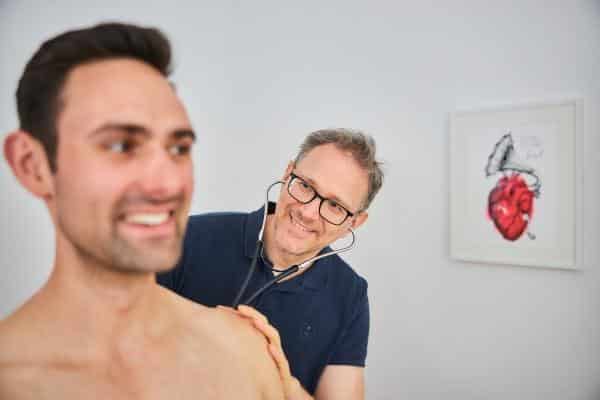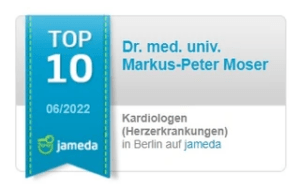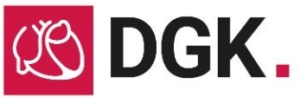What care do I need after Heart Surgery or Heart Intervention?
Heart health is particularly important to everyone, it is of central importance. When an intervention is imminent due to a possible heart disease, not only the body but also the psyche is alarmed. There can be various reasons why open-heart surgery or also a so-called cardiac intervention has to be performed.
The difference between open heart surgery and cardiac intervention is:
- An intervention is a minimally invasive procedure performed, for example, with the help of a catheter inserted through a vein or artery. A cardiac catheter examination may be necessary if, for example, there is a suspicion of a certain heart disease, such as coronary heart disease. It may also be necessary in order to plan the further procedure, i.e., the further treatment.
- Heart surgery is open-heart surgery, e.g., bypass surgery, surgery due to a congenital heart defect or, for example, heart valve surgery. Open heart surgery is usually performed with the aid of a heart-lung machine.
Heart surgery – what does it do to us?
A heart operation on the open heart, but also a so-called intervention, such as a heart catheter, are – regardless of the type and cause, always felt to be a very large intervention in our physical as well as mental integrity. In these situations, we often become aware of the central importance of the heart, which until then had been working quietly and reliably. Often life-saving and life-prolonging, cardiology today is able to perform complex cardiac examinations and operations. Due to rapid technical developments, minimally invasive intervention is available for a large number of heart diseases for which open heart surgery was required 20 years ago. This has great advantages for the patient, e.g.
- A prognosis improvement in cardiovascular disease
- A significant reduction in inpatient hospital stays
For the patient, such an efficient procedure is ideal at first, but what happens next? The short, highly technical and complex procedure is in great contradiction to our emotional life, since for thousands of years the heart has been symbolically experienced as the seat of our emotional life. This often leads to a sensitive disturbance of our psyche. Who now looks after the patient and “catches” him or her after the procedure? Individual and holistic aftercare is now essential.
Holistic aftercare following heart surgery or intervention
Further follow-up after a hospital stay is usually carried out by a cardiologist in private practice. Several factors play a role in cardiological post-operative or post-interventional follow-up care, which can be very individual depending on the patient.
Regular check-ups are arranged with the patient in a certain rhythm and include, among other things, the typical examinations of the general condition and the heart in particular. These are, for example, the measurement of blood pressure, ECG, long-term blood pressure measurement or also the monitoring and readjustment of a possible medication treatment.
The personal conversation and the confrontation with one’s own illness are an important support for the patient in coping with the illness emotionally. Figuratively speaking, heart surgery leaves not only physical scars, but often also psychological ones.
A change in lifestyle and diet or targeted reduction of stress are also very often part of the aftercare concept, which supports the patient in finding their way back into a normal everyday life.
In holistic cardiological care, all these issues are taken into account and mesh like cogs.
Cardiology and psychocardiology – physical and mental aftercare as a unit
Very often, a heart diagnosis and the physical intervention that follows can be like being “torn out of life” and the patient’s physical integrity is severely disturbed for a certain period of time.
Dr. Markus Moser, MD is a specialist in internal medicine and cardiology, a specialist in anaesthesiology and emergency medicine, a cardiovascular preventive physician and a psychocardiologist. He sees body and mind as one – inseparably linked. He attaches great importance to caring for his patients in the cardiology consultation holistically and with the utmost care.
Quote from Dr. Markus Moser, MD: “Giving people space to come to terms with the often traumatic experiences of heart disease is essential – for their well-being and for the healing process.





